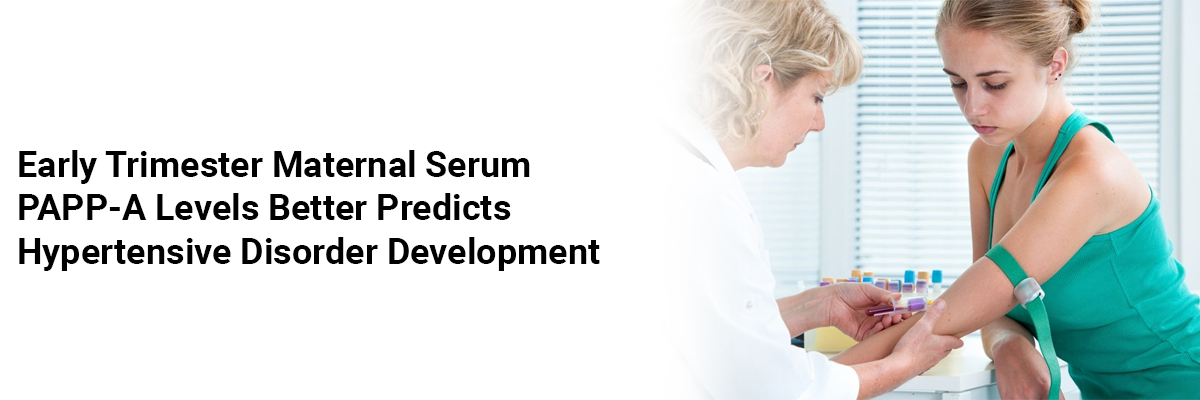
 IJCP Editorial Team
IJCP Editorial Team
Early Trimester Maternal Serum PAPP-A Levels Better Predicts Hypertensive Disorder Development
Hypertensive disorders
during pregnancy are associated with elevated maternal and perinatal mortality
and morbidity. The etiology of pregnancy-induced hypertension is likely rooted
in placental factors – as glycoproteins such as β-hCG and PAPP-A are produced
by the placenta.
A new study aimed to assess
the predictive value of early trimester serum levels of β-hCG and PAPP-A for
hypertensive disorder development during pregnancy.
This prospective cohort
study was undertaken at IMS and SUM Hospital in Bhubaneswar. The research
involved measuring maternal serum β-hCG and PAPP-A levels in singleton pregnant
women at 11+0–13+6 weeks gestation. Follow-up was carried out until delivery to
identify the occurrence of hypertension.
The mean maternal serum
β-hCG value during 11-13 weeks gestation showed no correlation with the later
development of hypertensive disorders. The mean serum β-hCG values for women
who developed hypertensive disorders and those who did not were 48.13 ng/ml and
49.78 ng/ml, respectively. Meanwhile, the mean serum PAPP-A value for the
normotensive group was 5.12 mIU/ml, and the value was 3.76 mIU/ml for women who
developed hypertensive disorders.
Therefore, low maternal serum PAPP-A levels determined at 11+0–13+6 weeks demonstrated a more reliable predictive value for hypertensive disorder development during pregnancy compared to β-hCG.
Source: Sruthi R S, Sarita P, Marandi S. et al. J
Obstet Gynecol India. 2024.

IJCP Editorial Team
Comprising seasoned professionals and experts from the medical field, the IJCP editorial team is dedicated to delivering timely and accurate content and thriving to provide attention-grabbing information for the readers. What sets them apart are their diverse expertise, spanning academia, research, and clinical practice, and their dedication to upholding the highest standards of quality and integrity. With a wealth of experience and a commitment to excellence, the IJCP editorial team strives to provide valuable perspectives, the latest trends, and in-depth analyses across various medical domains, all in a way that keeps you interested and engaged.






















Please login to comment on this article